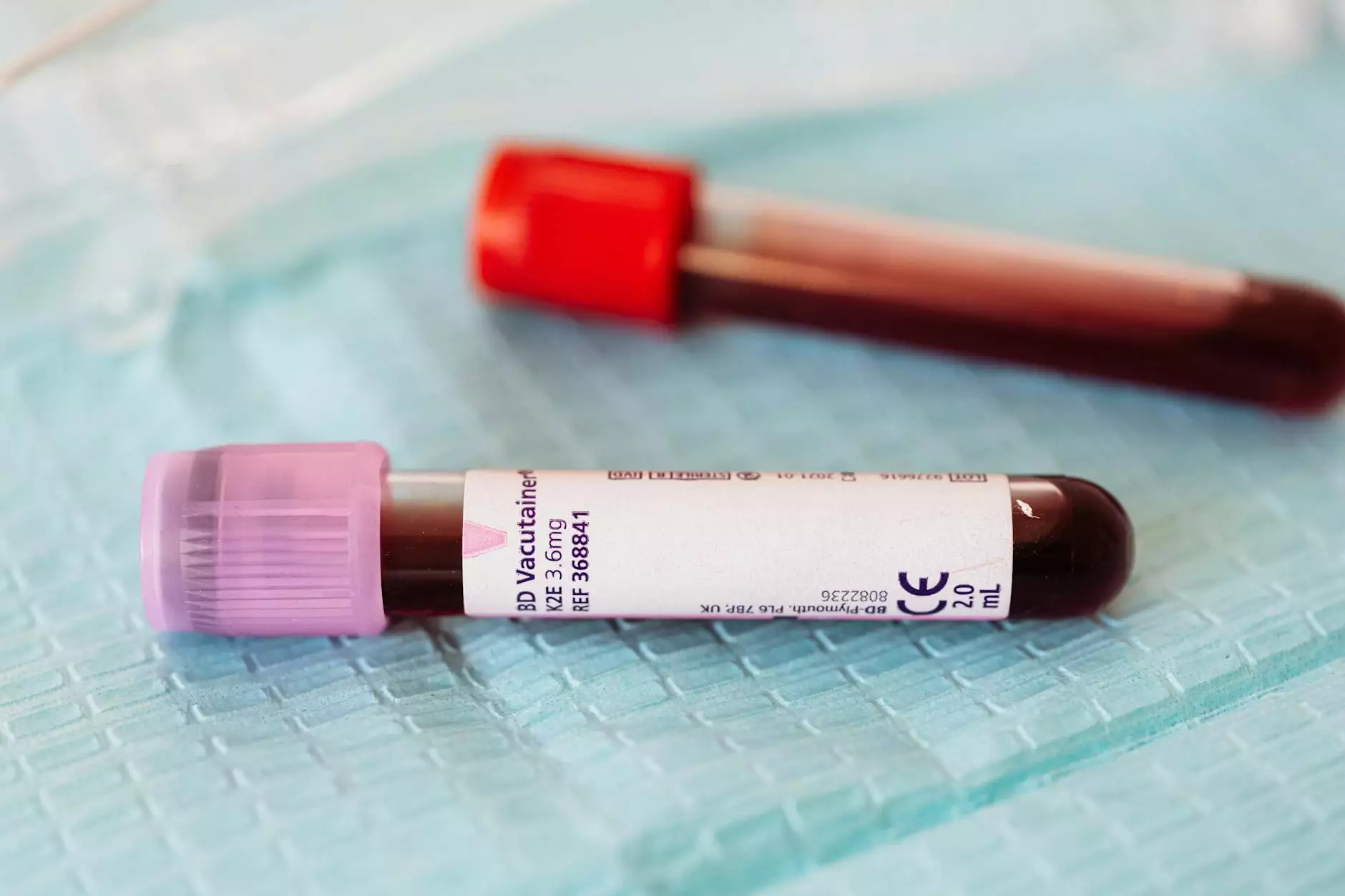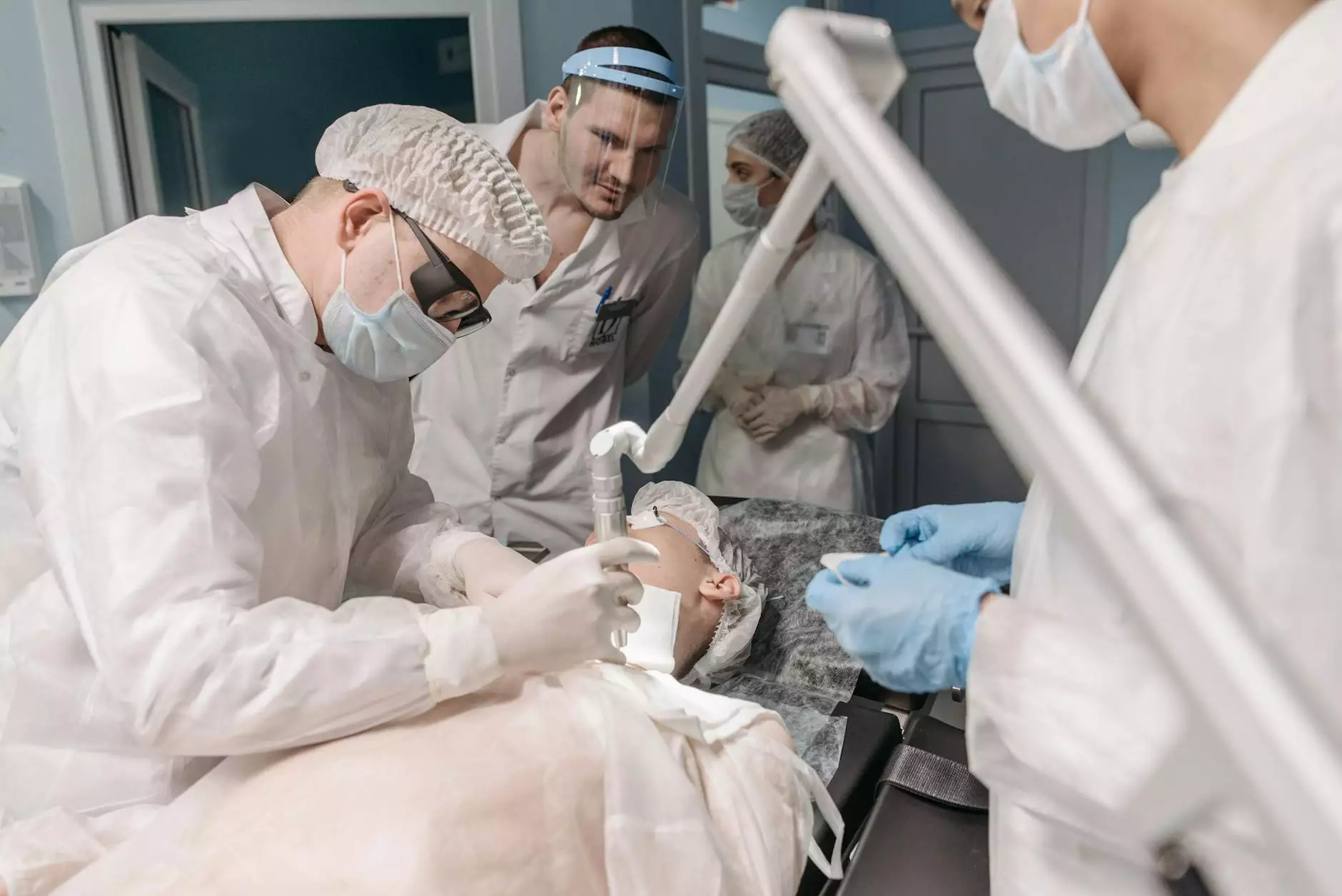Cancer

Understanding Cancer: Types, Causes, and Symptoms
Cancer is a complex and widespread disease that affects millions of people worldwide. At Michael Finley, CNHP, we believe in providing comprehensive knowledge and holistic approaches to address this challenging condition. In this guide, we will explore various types of cancer, their causes, and common symptoms to enhance your understanding and promote awareness.
The Different Types of Cancer
Cancer can develop in various parts of the body, resulting in different types and subtypes. Some common types of cancer include breast cancer, lung cancer, prostate cancer, colorectal cancer, and skin cancer. Each type has unique characteristics and treatment options that are tailored to the specific needs of individuals diagnosed. By learning about the specific types, you can gain insight into prevention strategies and early detection methods.
Causes and Risk Factors
Understanding the causes and risk factors associated with cancer is crucial in developing effective prevention strategies. While each type of cancer may have distinct triggers, some common risk factors include tobacco use, exposure to harmful chemicals, UV radiation, genetic predisposition, and unhealthy lifestyle choices. By identifying and reducing these risk factors, you can lower your chances of developing cancer and lead a healthier life.
Recognizing Common Symptoms
Recognizing the early signs and symptoms of cancer plays a vital role in a timely diagnosis and effective treatment. Symptoms may vary depending on the type and stage of cancer, but some general signs to watch out for include unexplained weight loss, persistent fatigue, abnormal bleeding, lumps or growths, changes in bowel or bladder habits, and prolonged cough or hoarseness. It is essential to consult a healthcare professional if you experience any of these symptoms or have concerns related to cancer.
Treatment and Management Options for Cancer
At Michael Finley, CNHP, we emphasize a holistic approach to cancer treatment and management. While conventional medical interventions such as surgery, chemotherapy, and radiation therapy are commonly used, we also explore alternative and complementary therapies to support overall well-being and enhance the body's innate healing ability. Here are some treatment options available:
Holistic Approaches to Cancer Care
Holistic cancer care incorporates a range of therapies that focus on treating the entire person, not just the disease. These approaches may include nutritional counseling, herbal medicine, acupuncture, mind-body techniques, and stress management. By considering the physical, emotional, and spiritual aspects of an individual, holistic cancer care aims to optimize treatment outcomes and improve the overall quality of life.
Diet and Nutrition
Adopting a healthy diet and optimal nutrition is crucial for individuals diagnosed with cancer. A well-balanced diet rich in fruits, vegetables, whole grains, and lean proteins can provide essential nutrients, antioxidants, and phytochemicals that support the body's immune system and fight against cancer cells. Our team at Michael Finley, CNHP, can help you create a personalized nutrition plan that aligns with your specific needs and treatment goals.
Supplementation
In addition to a nutritious diet, targeted supplementation may be recommended to support the body's healing process. Supplements such as vitamins, minerals, antioxidants, and herbal formulations can help address specific deficiencies or optimize overall health. Our certified natural health practitioners can guide you in selecting the right supplements and ensure they are safe and suitable for your individual condition.
Prevention and Early Detection Strategies
Prevention and early detection are key pillars in the fight against cancer. At Michael Finley, CNHP, we believe in empowering individuals with knowledge and tools to reduce the risk of developing cancer and detect it at its earliest stages when treatment outcomes are most favorable.
Lifestyle Modifications
Adopting healthy lifestyle habits can significantly reduce the risk of cancer. Regular physical activity, maintaining a healthy weight, avoiding tobacco and excessive alcohol consumption, minimizing exposure to environmental toxins, and managing stress are essential components of a cancer-preventive lifestyle. Our team can provide guidance and support to help you incorporate these positive changes into your daily routine.
Screening and Regular Check-ups
Routine screenings and check-ups are vital for early cancer detection. Depending on your age, gender, and other risk factors, our healthcare professionals can recommend appropriate screening tests, such as mammograms, Pap smears, colonoscopies, and prostate-specific antigen (PSA) tests. Regular check-ups allow us to monitor your health, detect any abnormalities, and take timely action if needed.
Empowering Yourself with Knowledge
Education and awareness are powerful tools in the battle against cancer. By staying informed about the latest research, treatment options, and support networks, you can make well-informed decisions and actively participate in your own care. Visit our website regularly for updates, articles, and resources on cancer-related topics or consult with our certified natural health practitioners for personalized guidance.
Contact Michael Finley, CNHP
If you have further questions or would like to explore our services related to cancer prevention, treatment, or management, we are here to help. Contact Michael Finley, CNHP, and our dedicated team will provide the support and guidance you need on your journey towards optimal health and well-being.










